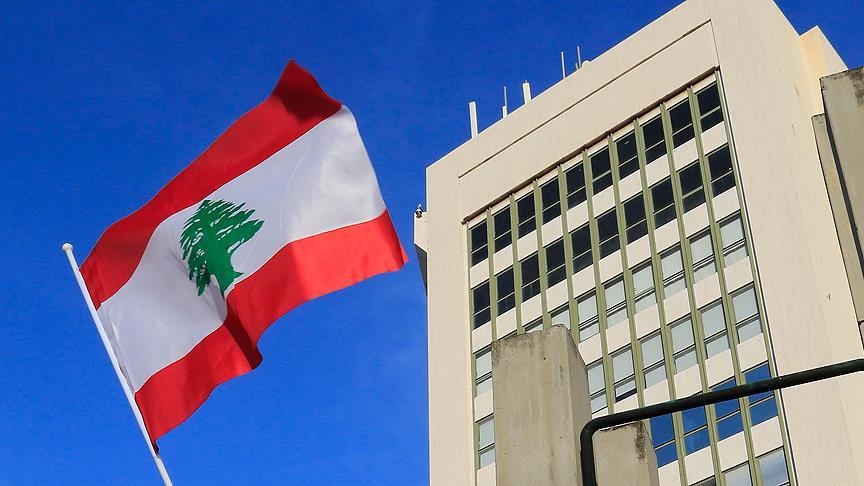Lebanon's Frangieh withdraws presidential bid, backs army chief
Move boosts Joseph Aoun's chances of securing presidency during parliamentary session scheduled for Jan. 9

ISTANBUL
The leader of Lebanon's Marada Movement, Suleiman Frangieh, announced Wednesday that he was withdrawing from the presidential race and expressed his support for Army Commander Joseph Aoun's candidacy.
This move boosts Aoun's chances of securing the presidency during a parliamentary session scheduled for Thursday morning to elect a new president, a step many hope will end a presidential vacancy that has persisted for more than two years.
"As the conditions for electing a president have now been met, and in light of recent developments, I announce my withdrawal from the race, which was never an obstacle to the election process," Frangieh said in a statement.
"In line with my previous statements, I support General Joseph Aoun, who possesses the qualities necessary to uphold the stature of the presidency," he added.
Frangieh expressed his wishes for "the parliament to succeed in the election process and for the nation to overcome this phase with unity, awareness and responsibility."
The Marada Movement holds four seats in Lebanon's 120-member parliament.
With Frangieh's withdrawal, Aoun is now the sole leading candidate for the presidency.
Lebanese opposition lawmakers also announced late Wednesday their intention to elect Aoun as president.
The announcement came after a meeting held at the headquarters of the Lebanese Forces Party in the town of Maarab, according to Lebanon's National News Agency (NNA).
Independent lawmaker Fouad Makhzoumi read the meeting’s final statement, saying: "We declare our support for General Joseph Aoun for the presidency and will vote for him."
Although Aoun is seen as a leading candidate, his presidency would require a constitutional amendment.
The initial parliamentary session for electing a president requires a candidate to secure 86 votes—the same number needed for constitutional amendments—which presents a major hurdle.
Although most major parliamentary blocs have yet to announce their final positions or preferred candidates, some independent blocs and parties have started making their decisions.
After President Michel Aoun's term ended on Oct. 31, 2022, Lebanon’s parliament failed to elect a new president during 12 sessions.
The presidential seat has remained vacant for over two years, during which Lebanon’s political and security landscape has been significantly impacted by escalating conflicts with Israel.
Tensions peaked when clashes between Lebanon’s Hezbollah group and Israel in October 2023 escalated into full-scale Israeli attacks and ground invasions along the border in September 2024.
Following a cease-fire between Lebanon and Israel on Nov. 28, Parliament Speaker Nabih Berri scheduled the 13th session for Jan. 9.
Despite positive messages from Lebanese political factions about electing a president in this session, doubts remain due to the parliament’s history of indecision.
*Writing by Rania Abu Shamala








